The hijacking of the Jaffar Express on March 11, 2025, by the Balochistan Liberation Army (BLA) is more than just a militant attack; it is an event that lays bare Pakistan’s deep structural vulnerabilities, its failing counterinsurgency strategies, and the broader geopolitical ramifications of the deteriorating security situation in Balochistan.
The operation, which lasted over 100 hours, exposed a glaring lack of tactical preparedness, intelligence coordination, and strategic foresight, resulting in massive casualties. Unlike in nations where hostage rescue operations are executed with precision and speed, Pakistan’s response was sluggish, reactive, and devoid of any demonstrable control over the situation, leading to the significant loss of life.
The attack, one of the most sophisticated and coordinated in the insurgency’s history, not only highlights the evolving capabilities of the BLA, which has long sought autonomy for Balochistan, but is now demonstrating an ability to launch large-scale, high-impact operations that challenge the very sovereignty of the Pakistani state.
Balochistan’s insurgency is rooted in history, tracing back to 1948 when Pakistan forcibly annexed the Kalat princely state, disregarding its sovereignty and the objections of local Baloch leaders. Successive uprisings, notably in the 1970s and early 2000s, were met with heavy-handed military crackdowns, enforced disappearances, and systemic economic marginalisation.
Despite being Pakistan’s largest province and endowed with natural gas reserves and strategic access to the Arabian Sea, Balochistan remains one of the country’s least developed and most neglected regions. Over decades, the Pakistani state has failed to integrate the Baloch people politically or economically, opting instead for an exploitative model where provincial resources benefit the central government while local communities remain impoverished.
This long standing grievance, exacerbated by human rights abuses and military repression, has fuelled the insurgency, making it one of the most persistent and strategically complex conflicts in South Asia. The Jaffar Express hijacking is not an isolated event; rather, it represents the culmination of years of unresolved tensions, a growing militant sophistication, and Islamabad’s repeated failures to engage in meaningful dialogue with the Baloch nationalists.
Strategic Interests and Regional Destabilisation
The hijacking itself was an operation that demonstrated a dramatic shift in insurgent tactics. Previously, the BLA had relied on ambushes, assassinations, and bombings targeting Pakistani security forces and Chinese infrastructure projects associated with the China-Pakistan Economic Corridor (CPEC). The decision to seize a moving train, detonate railway tracks, and hold over 400 passengers hostage for days marked a strategic escalation. Despite Pakistan’s frequent claims of having strong intelligence control over Balochistan, the security apparatus was caught entirely off guard. There was no preemptive action, no intelligence warnings, and no swift military response.
The elite Special Services Group (SSG), often touted as one of the region’s premier counterterrorism forces, took an agonisingly long time to mobilise, failing to establish control even after launching their operation. The Pakistani military’s contradictory statements further complicated the situation. While the Inter-Services Public Relations (ISPR) initially claimed a successful rescue, independent reports suggested a grimmer reality, with significant military casualties and unverified claims that the BLA executed 214 hostages, including Pakistani soldiers. The scale of the intelligence failure is damning, raising serious questions about the state’s ability to secure its own territory or maintain the trust of its people.
The attack’s implications extend beyond Pakistan’s internal security crisis and into the broader geopolitical landscape, particularly with China, whose massive investments in CPEC rely on Balochistan’s stability. Gwadar Port, envisioned as the centrepiece of Beijing’s Belt and Road Initiative, has already suffered multiple attacks from Baloch insurgents who view Chinese involvement as another form of exploitation.
If Pakistan, despite decades of military operations, remains unable to secure its key transport routes, China may be forced to reassess its commitments. Increased militarisation around CPEC projects, which Beijing has already pressured Islamabad to implement, may lead to further alienation of the local population, exacerbating an already volatile situation.
The Chinese leadership must now confront an uncomfortable question: Is its investment in Pakistan sustainable when the Baloch insurgency shows no signs of being contained? If instability continues to threaten Chinese personnel and infrastructure, Beijing may begin looking at alternative routes and regional partnerships, which would significantly alter the strategic calculus of South Asian geopolitics.
Political Resolution or Perpetual Conflict?
Pakistan’s response to the crisis, both in terms of military strategy and diplomatic positioning, remains predictable yet ineffective. In the immediate aftermath of the attack, Islamabad resorted to its well-worn playbook of blaming external actors, particularly India and Afghanistan, for supporting the insurgents. However, as in previous instances, there was little credible evidence to substantiate these claims.
India’s Ministry of External Affairs swiftly dismissed the allegations, calling them diversionary tactics meant to deflect attention from Pakistan’s governance failures. The Afghan Taliban government, already engaged in its own struggle for legitimacy, had little interest in being dragged into Pakistan’s internal conflicts.
Even Iran, which shares a border with Balochistan and has its own Baloch insurgent concerns, remained neutral, wary of entangling itself in Pakistan’s deteriorating security situation. These reactions highlight Pakistan’s growing isolation in addressing the insurgency; with few regional allies willing to support its narrative, Islamabad is left with dwindling options beyond brute force.
Beyond the immediate security and geopolitical ramifications, the humanitarian crisis in Balochistan continues to deepen. The province has long suffered from enforced disappearances, extrajudicial killings, and systemic military repression. Rights groups such as Amnesty International and Human Rights Watch have repeatedly raised concerns over the Pakistani state’s suppression of Baloch voices, yet little international action has been taken.
The Jaffar Express hijacking, while an act of insurgency, also reflects the desperation of a people who feel unheard, unrepresented, and oppressed. Pakistan’s reliance on militarisation rather than engagement has only solidified insurgent narratives that the state is fundamentally unwilling to address Baloch grievances through peaceful means. The more Pakistan clamps down, the more radicalised the insurgency becomes, creating a self-perpetuating cycle of violence that is unlikely to be broken without a drastic shift in approach.
Looking ahead, Pakistan faces a stark choice. It can continue its military-centric strategy, which history has shown to be ineffective in resolving the Baloch conflict, or it can pursue a political solution that grants Balochistan greater autonomy and economic equity. While politically unpalatable to the Pakistani establishment, the latter approach is the only viable path to long-term stability.
Meaningful engagement with Baloch leaders, economic reinvestment in local communities, and the cessation of forced disappearances are essential first steps. However, if the state continues to view Balochistan solely through a security lens, the insurgency will only intensify, with attacks like the Jaffar Express hijacking becoming more frequent and more devastating.
The lesson from this crisis is clear: Pakistan cannot achieve genuine security through propaganda, misinformation, or military force alone. The events of March 2025 serve as a grim warning that unless Islamabad fundamentally rethinks its approach, Balochistan will remain a battlefield, one where the Pakistani state’s legitimacy continues to erode, where Chinese investments remain at risk, and where the region edges closer to a prolonged and unmanageable conflict.
The Jaffar Express hijacking is not merely a tactical success for the BLA; it is an indictment of Pakistan’s broader failures in governance, counterinsurgency, and diplomacy. If left unaddressed, the consequences will not be limited to Balochistan alone but will shape the very future of Pakistan’s territorial integrity and its standing in the global order.
The writer is an Indian Navy Veteran and Adjunct Research Faculty (Strategic & Security Studies) at Naval War College, Goa. The views expressed in the above piece are personal and solely those of the author. They do not necessarily reflect Firstpost’s views.


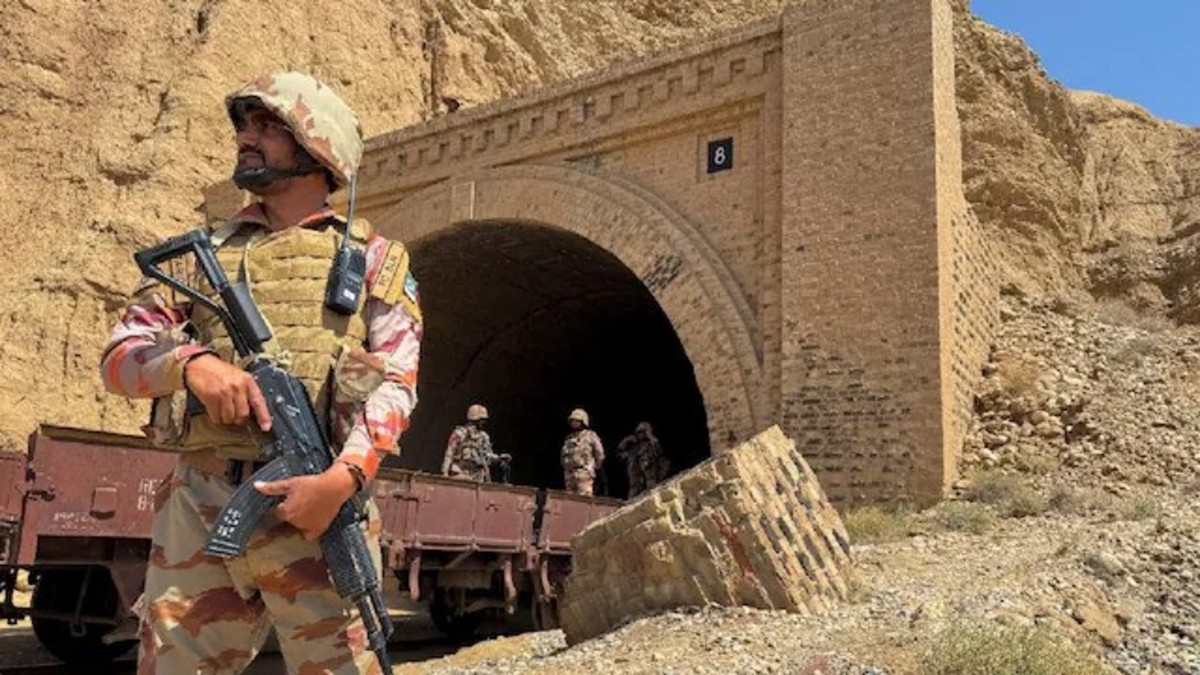)
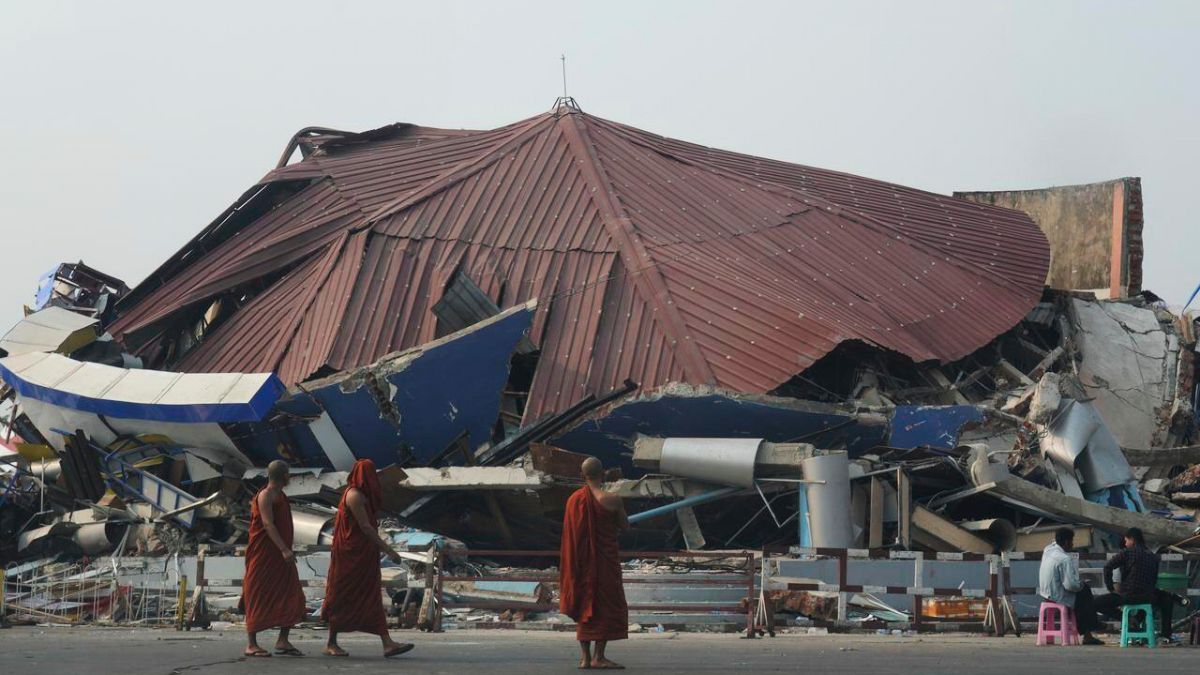)
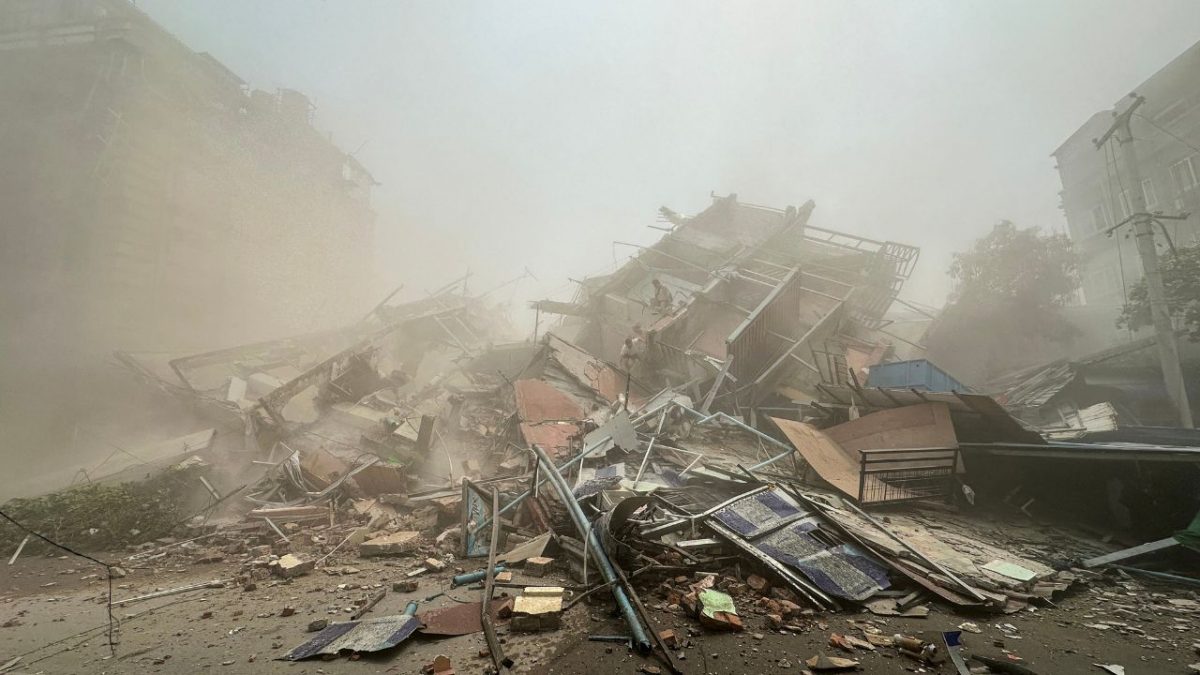)
)
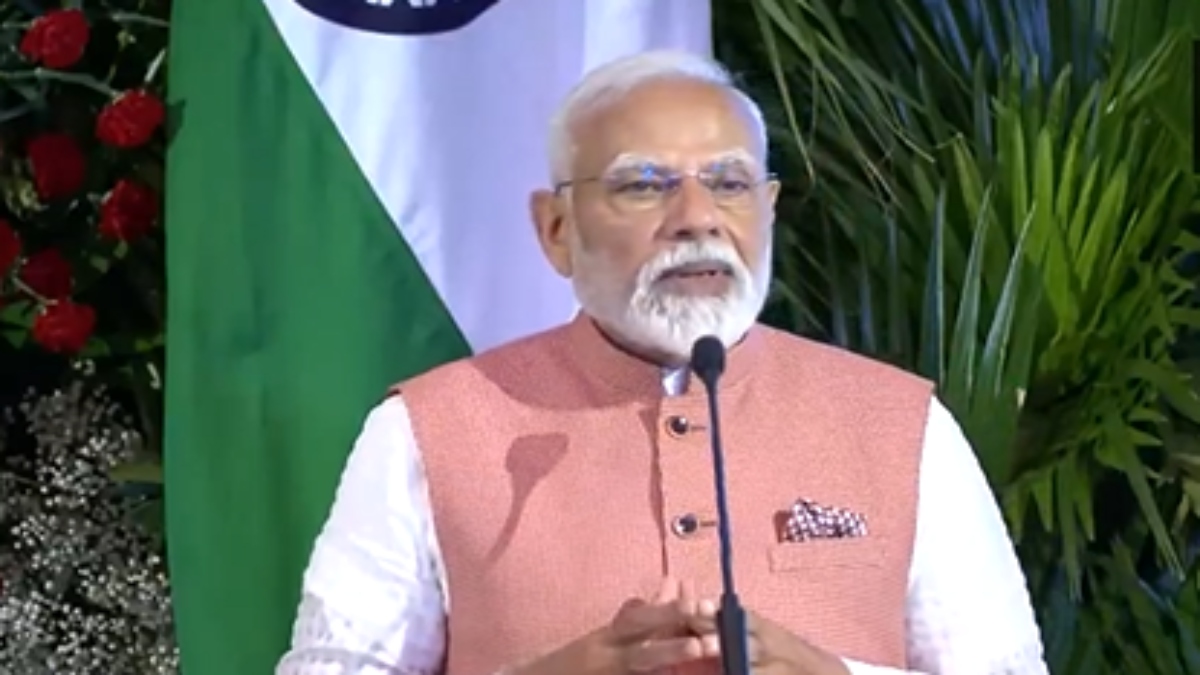)
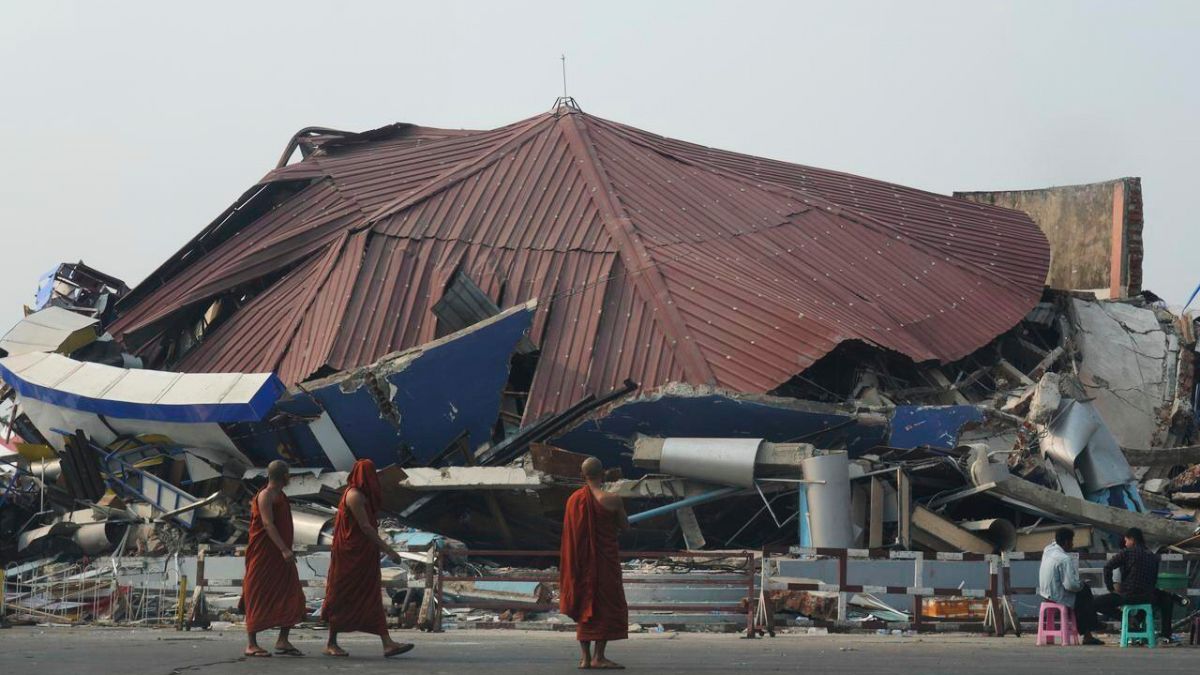)
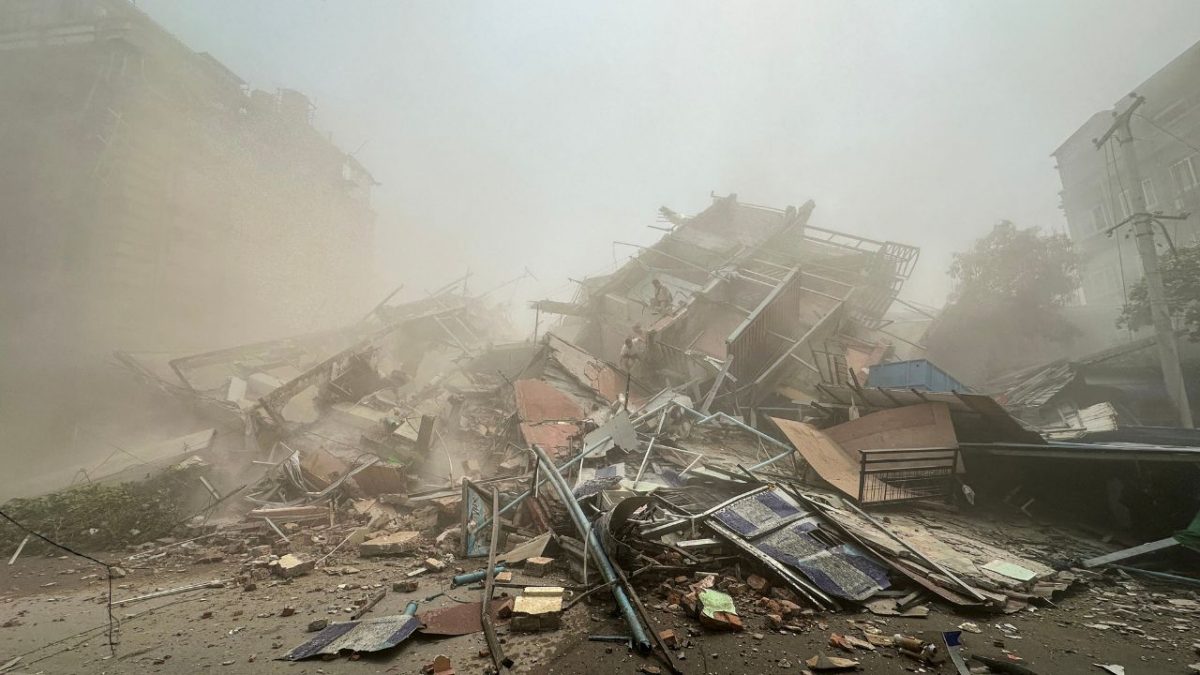)
)
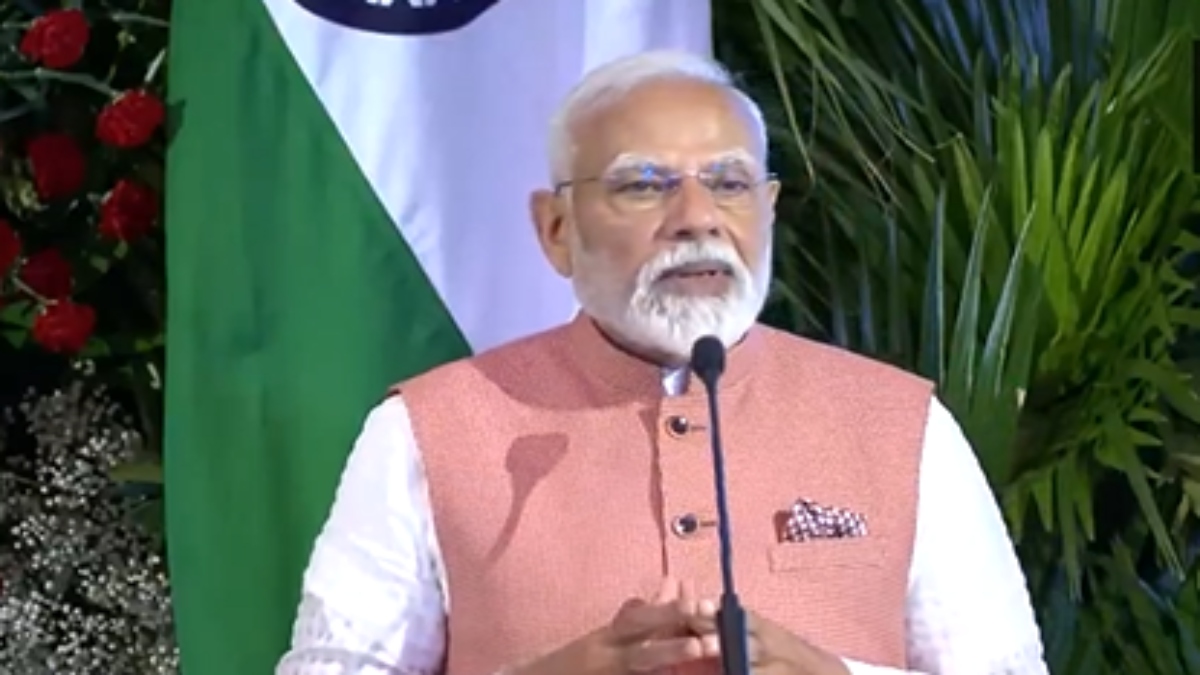)



